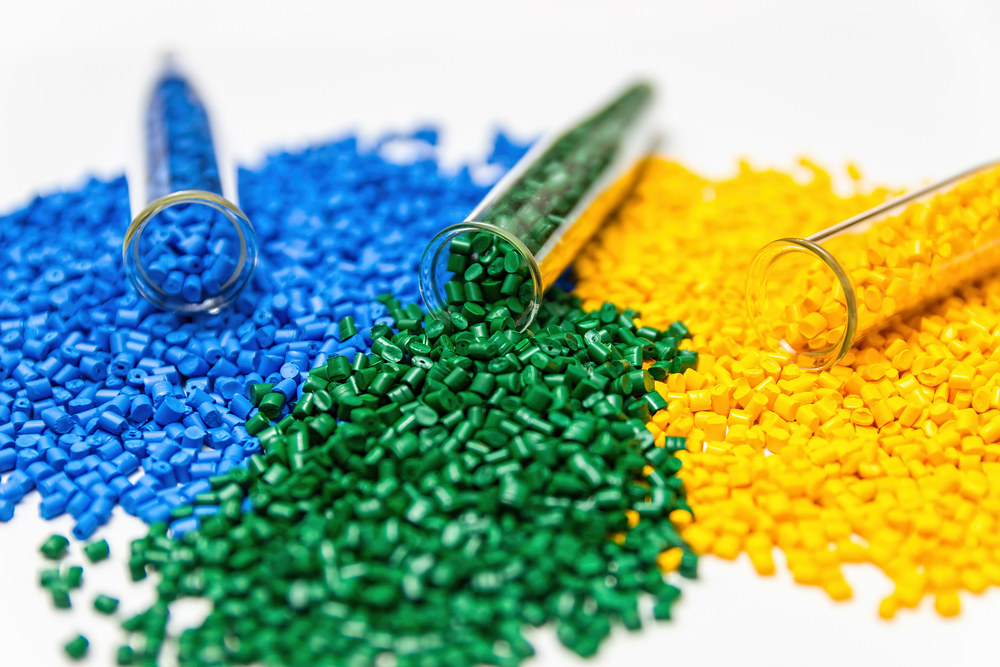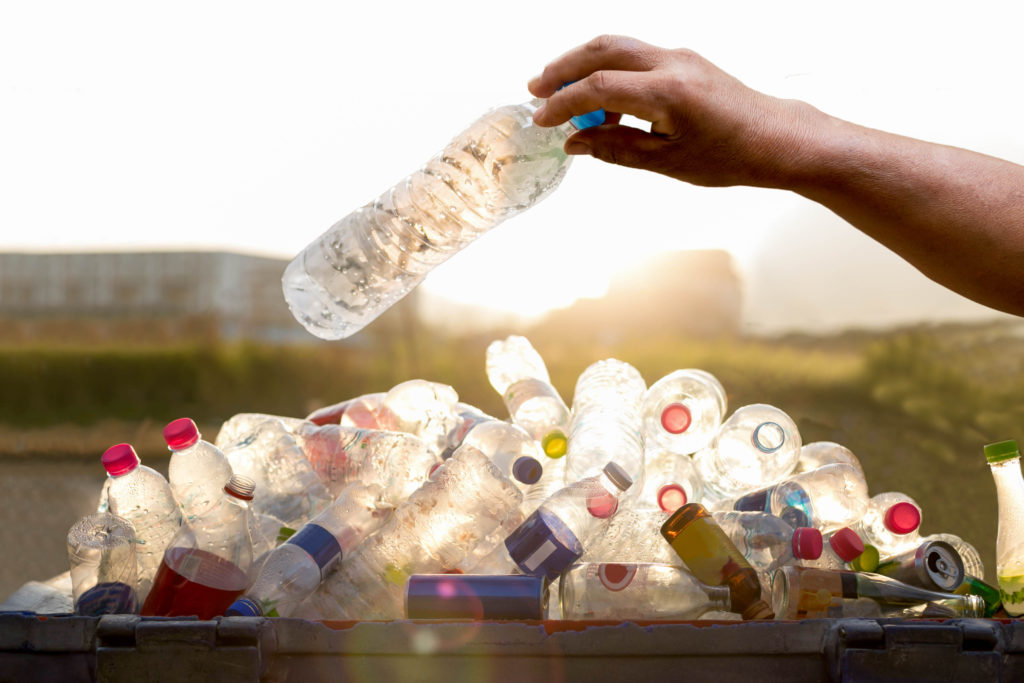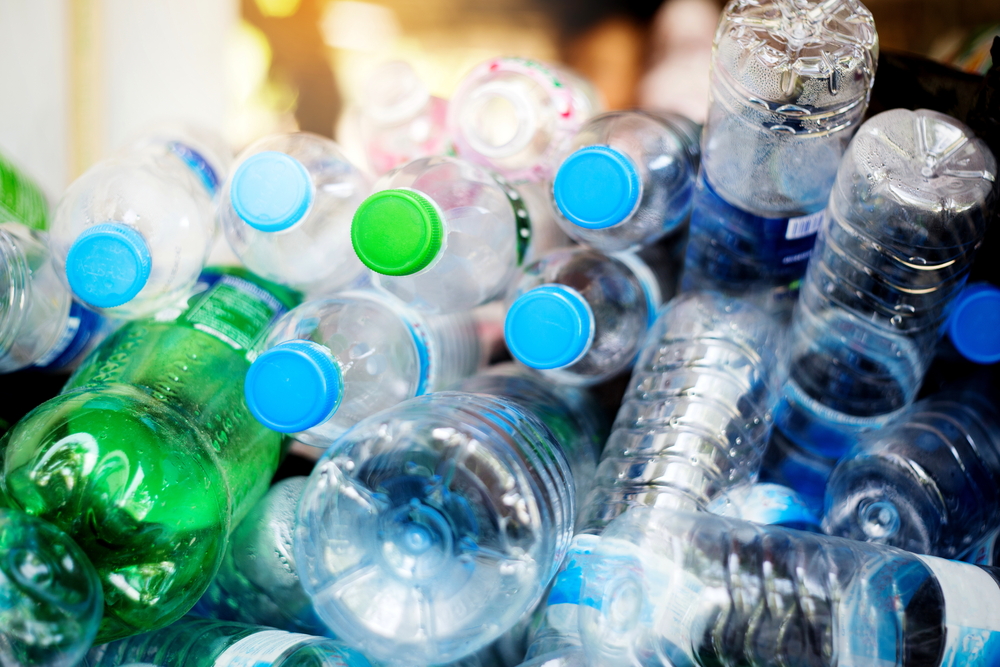But, a review of the industry's voluntary 10-year environmental plan has revealed the target to recycle 200,000 tonnes of post-consumer each year by 2010 remains a long way off.
” It is regrettable that diversion from landfill has made only limited progress in many parts of Europe. “
– Alfons Buekens, Vinyl 2010
Under the “Vinyl 2010” agreement, new schemes more than doubled the 18,600 tonnes of post-consumer PVC recycled in 2004 to 38,800 tonnes during 2005.
However, the PVC industry has revealed that the amount of post-consumer PVC that is readily available for collection is “substantially” lower than was estimated when the original agreement was made in the year 2000.
This has been attributed to the long life-span of PVC products such as window frames as well as economic conditions in the waste management market. The delayed implementation of the Landfill Directive has also been a hindrance by making it cheaper to send PVC to landfill. One of the main reasons for the rise in PVC recycling has been Germany's decision to ban the landfilling of waste that has not been pre-treated.
Feedstock
Technical difficulties in setting up feedstock recycling plants have also played a part in the limited progress, industry said, noting as an example the Stigsnaes plant in Denmark, which decided at the last minute that accepting up to 50,000 tonnes of waste PVC plastic each year was not viable.
Commenting on the review, the chairman of Vinyl 2010's monitoring committee, Alfons Buekens, said: “We took note this year of the steady progress in Vinyl 2010’s collection projects. Although it is too early to draw firm conclusions, the introduction of the landfill ban in Germany appears to have significantly increased waste volumes for recycling. However, it is regrettable that diversion from landfill has made only limited progress in many other parts of Europe.”
Nevertheless, those behind the Vinyl 2010 agreement insisted this week that their voluntary approach to recycling targets was the best way forward for the industry.
Following the review of the agreement, the commitment has been extended to companies in countries that have joined the European Union since the agreement was drawn up. And, the Vinyl 2010 organisation has pledged to work to establish further collection schemes and to break down the barriers to feedstock recycling, the chemical or thermal treatment of waste plastic.
Results
The recycling of waste from the production process is already high – over 92% – and Vinyl 2010 said new recycling schemes for post-consumer waste – including the British Plastics Federation's Recovinyl scheme in the UK – were now showing results.
Commenting on the Vinyl 2010 report, BPF director of Public and Industrial Affairs, Philip Law, said: “UK post-consumer PVC recycling is now escalating rapidly with 8,200 tonnes recycled in 2005. The BPF is supervising the implementation of the Recovinyl Project in the UK, which is now in regular contact with 22 recyclers and over 100 waste collectors.”
| Related links: |
Other successes in Europe have included the achievement of a 50% recycling target for “collectable” PVC window frames by the European PVC Window and Related Building Products Association, with new collection schemes set up in Belgium, Spain and the Netherlands.
The European Plastic Pipes and Fittings Association also achieved its target of recycling 50% of available, collectable PVC waste last year by recycling 67%.










Subscribe for free